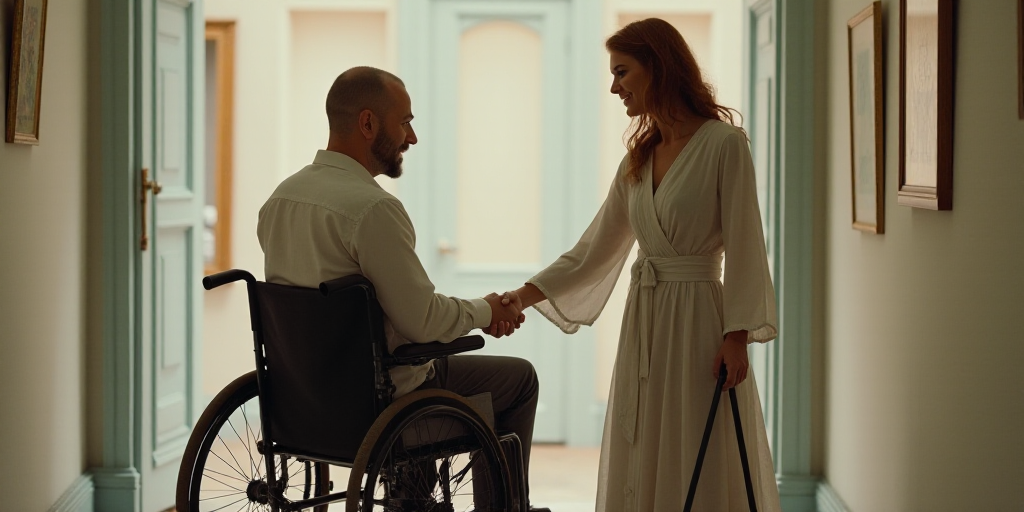The Hidden Issue of Elder Abuse in Mexico
Elder abuse in Mexico is more common than many would like to admit. It doesn’t always involve physical violence or shouting; instead, it can take subtle forms such as ignoring their needs, economic manipulation, or imposing decisions without considering their will. Alarmingly, in many households, this form of abuse has become nearly invisible, almost “normal.”
According to data from the Instituto Nacional de Geriatría, 16.3% of elderly individuals have experienced some form of abuse within their own families.
Psychological abuse is the most common, including disrespect, threats, and constant invalidation. This is followed by economic abuse, neglect, physical violence, and even sexual abuse. Women face an even more challenging situation: nearly one in five has been a victim of abuse in the past year, often carrying a history of violence from childhood, through marriage, and into old age.
Who Abuses Elderly Individuals?
In many cases, the abusers are close relatives, such as children or spouses. They may use emotional manipulation, abandonment, resource appropriation, or direct violence. Other relatives like partners, grandchildren, nieces, or siblings also engage in various forms of abuse. Even close acquaintances like caregivers or neighbors can be involved.
Most often, this abuse perpetuates through neglect, especially when the elderly person depends physically or emotionally on their environment. The issue isn’t just about lack of basic care, but also about the ignorance of what an elderly person truly needs. Important signals like incontinence or cognitive deterioration are ignored, and the response is impatience, frustration, or indifference.
Violence Doesn’t Begin in Old Age
Many cases of elder abuse stem from unresolved family issues. What begins as childhood or partner violence often becomes the normalized way of relating. In old age, these unaddressed family conflicts continue.
For example, men who were previously aggressors or abandoned their families now face violence from the same relatives they harmed. Women who were victims of partner violence and now face abuse from their own children demonstrate how unaddressed violence repeats.
What Cannot Be Tolerated
Old age is not an excuse for neglect or treating individuals as if they no longer matter. Retirement, loss of autonomy, or physical changes should not become reasons for discrimination or abuse.
August 28 is the National Day of the Elderly in Mexico. This day is not just a celebration but an opportunity to confront a reality that is often hidden.
Elder abuse exists, causes harm, and should never be accepted.
What Can We Do?
- Don’t minimize signs of abuse. If something bothers you, speak up. Listen. Observe.
- Ask the elderly person how they feel, what they need, and how they want to live this stage.
- Don’t make decisions for them without consulting them. Autonomy is key.
- Inform yourself about the physical, emotional, and social care they require.
- Break the idea that “it’s always been this way.” Violence is not tradition or destiny.
- If you witness or experience abuse, seek help. Don’t stay silent. Speak to someone you trust or go to a health or protection institution.






